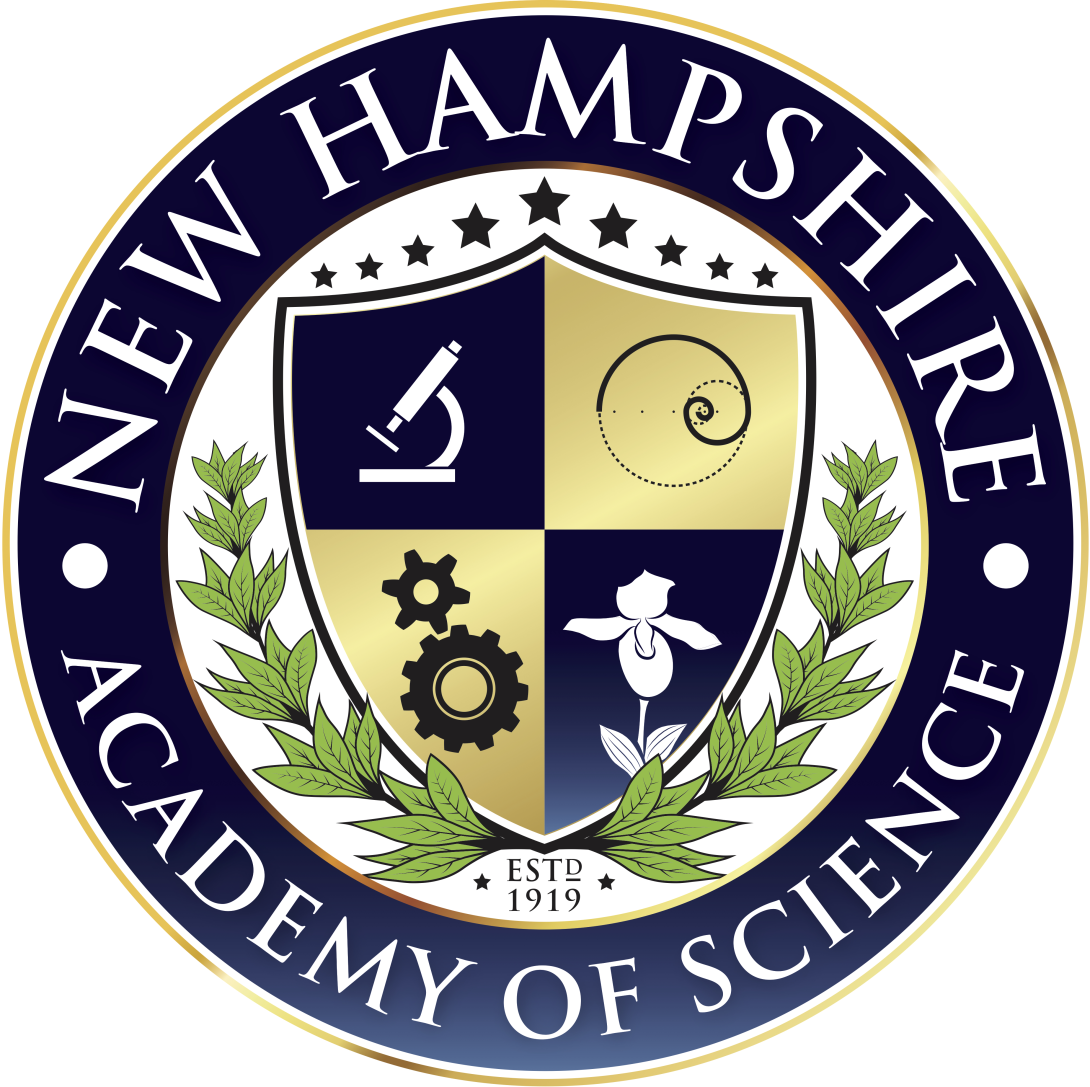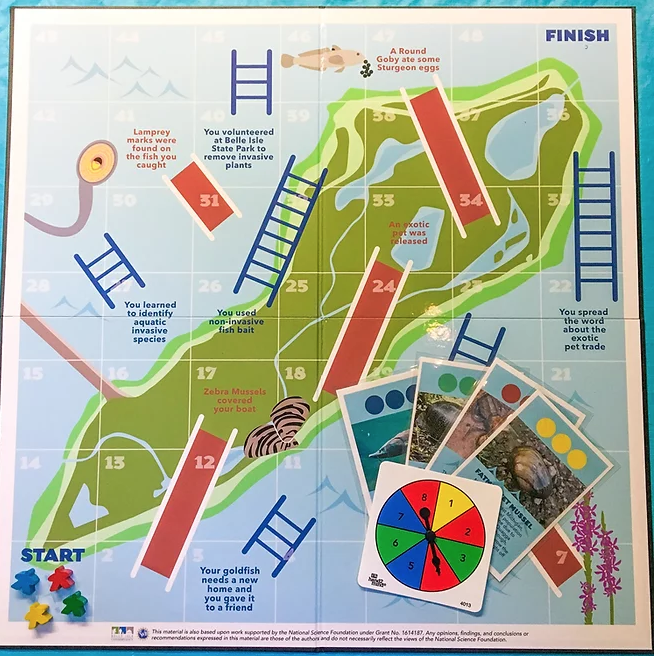WeatherX: Understanding Weather Extremes with Big Data
PosterWeatherX has provided data-rich science learning experiences for 12 teachers and over 470 middle school students in low-income rural districts in northern New Hampshire and Maine. In collaboration with students and teachers, we are learning how to make data science promote students’ understanding of and interests in important data practices. This project is built on a strong foundation of partnerships including EDC, Mount Washington Observatory, Concord Consortium, University of Maine, and University of Washington.

